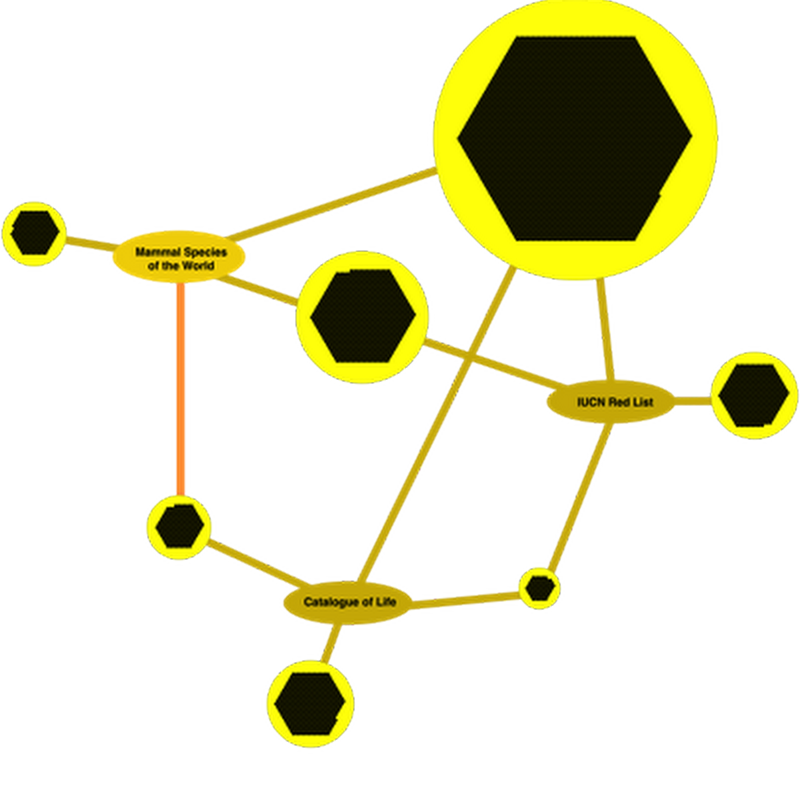
There is a great post by Jeni Tennison on the Open Data Institute blog entitled Five Stages of Data Grief. It resonates so much with my experience working with biodiversity data (such as building BioNames, or exploring data errors in GBIF) that I've decide to reproduce it here.




